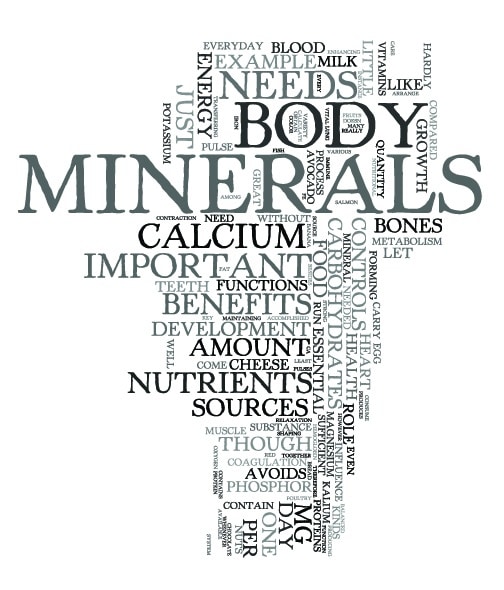Magnesium is just one of 7 essential macrominerals that must be consumed daily in large amounts of 100 milligrams or more. The body stores about 25 grams, 50% of this is stored in the skeletal system, and the rest goes to the muscles, soft tissues, and bodily fluids.
Up to 50% of the people in Europe and the USA are suggested to not be getting the recommended amount of magnesium they need. Magnesium levels in the soil are not what they once were, and use of chemicals such as fluoride and chlorine in water make magnesium less readily available. To add to this daily intakes of sugars and caffeine also serve to deplete magnesium supplies within the body, and high stress levels can also factor in.
Magnesium deficiency can lead to a variety of chronic health issues such as poor heart health, calcium deficiency, anxiety, weakness, high blood pressure, type 2 diabetes, fatigue, poor memory, confusion, depression, headaches/migraines, sleep issues, and respiratory issues among others.
Magnesium helps to manage insulin levels, help prevent blood sugar spikes/crashes, and helps to regulate blood pressure. Magnesium helps to support gut health, and is essential for proper brain function and mood regulation. Magnesium is crucial to proper electrical and mechanical functioning within tissues, nerves, muscles, and blood vessels such as the heart. It can also help to alleviate a host of premenstrual symptoms.
There have been many studies on magnesium such as one showing mice given extra magnesium had better working memory, long term memory, and great ability to learn; it is essential to proper functioning of many tissues including the brain. Another study also demonstrated magnesium to promote synaptic plasticity in cultured brain cells.
Signs of being magnesium deficient include: depression, anxiety, muscle cramps, high blood pressure, sleep issues, low energy, hormone problems, low levels of vitamin K, low levels of vitamin D, poor memory, and confusion.
Foods that are rich in magnesium are abundant and include spinach, kale, collards, swiss chard, pumpkin seeds, chia seeds, hemp seeds, flax seeds, sunflower seeds, raw nibs, cacao powder, cocoa powder, dark chocolate, almonds, cashews, and bananas.




